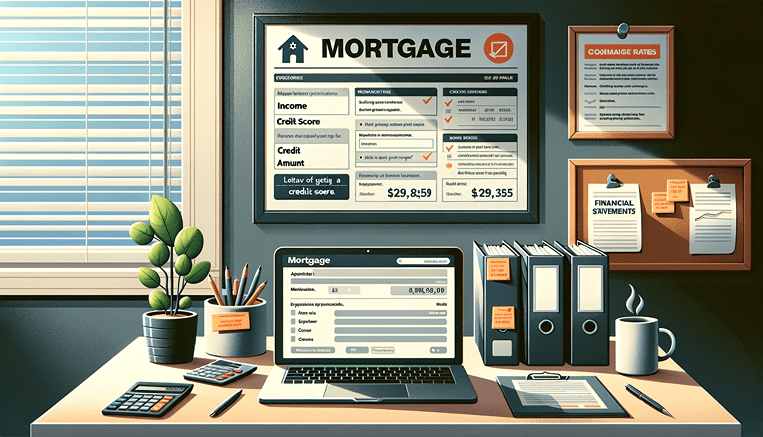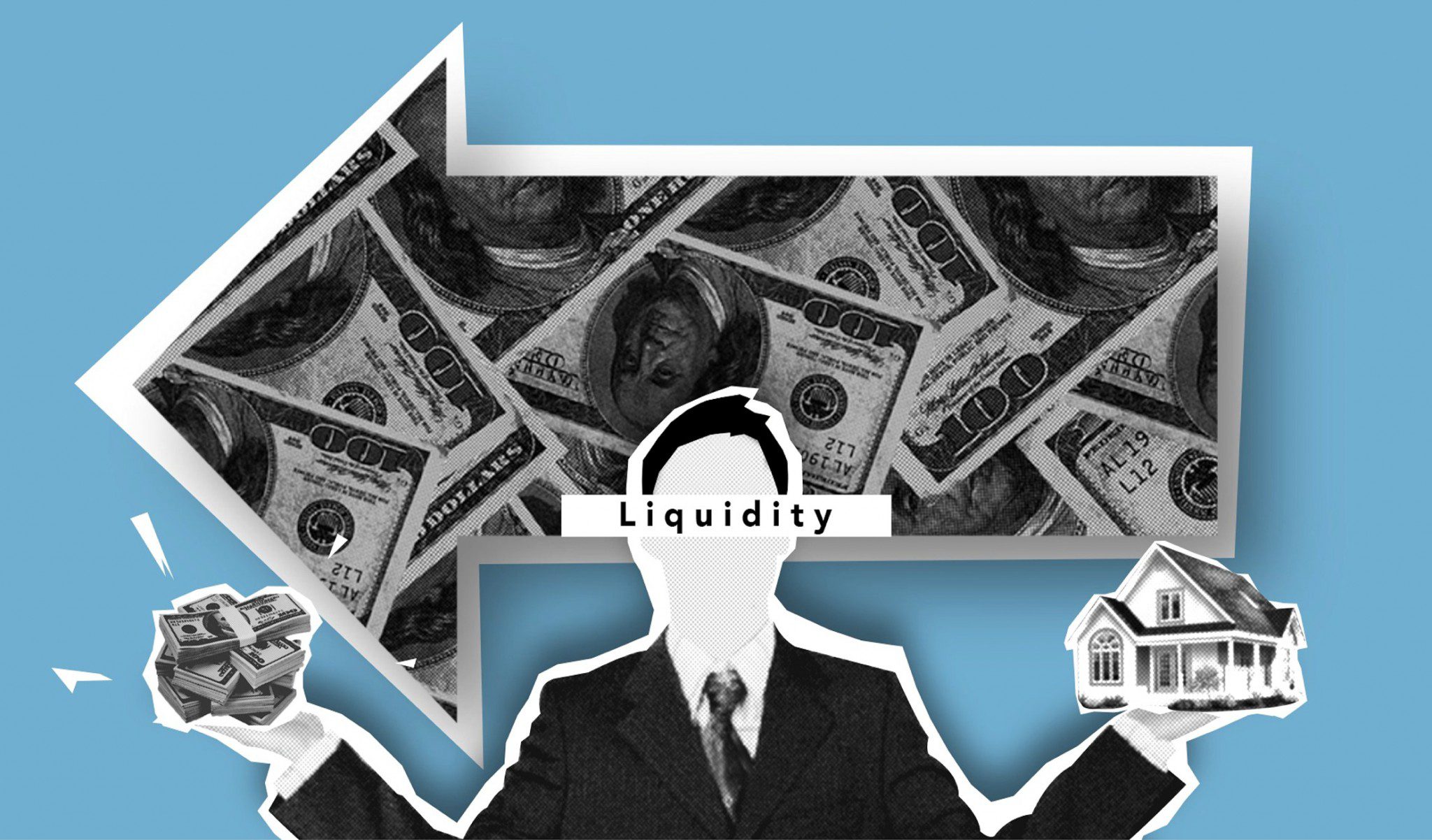Budgeting for home closing costs
Table of Contents
Buying a home is a significant financial milestone, and one that requires a lot of planning and preparation. One of the most important parts of this process is budgeting for closing costs. These are the fees and expenses associated with purchasing a property that must be paid in addition to the purchase price of the home. Closing costs can be significant and can add thousands of dollars to the overall cost of a home purchase.
When budgeting for home closing costs, it’s crucial to understand that the final step in securing your new home involves more than just the down payment. Typically, closing costs range from 2% to 5% of the home’s purchase price and include a variety of fees, such as loan origination, home inspections, title insurance, and legal fees.
To avoid surprises, start by getting an estimate from your lender and then set aside funds accordingly. Remember, these costs are negotiable and shopping around for services like home inspections or title insurance can save you money. Planning for these expenses in advance ensures a smooth and stress-free journey to homeownership. In this article, we will discuss the most common closing costs, how much you can expect to pay, and strategies for budgeting and saving for these expenses.
Download Now: Property Buyers Guide [Free Access]
The first step in budgeting for closing costs is to understand what expenses are included in this category. Some of the most common closing costs include:
 Mortgage origination fee
Mortgage origination fee
This is a fee charged by the lender for processing the loan application and closing the loan. It can range from 0.5% to 1% of the loan amount
 Appraisal fee
Appraisal fee
This is a fee charged by a professional appraiser to determine the value of the property. It can range from $300 to $700.
 Title search and title insurance
Title search and title insurance
A title search is a review of the property’s title history to ensure that there are no outstanding liens or other issues that could cause problems later. Title insurance is a policy that protects the buyer from any errors or problems found in the title search. These costs can range from $200 to $1,500.
 Survey fee
Survey fee
This is a fee charged to have a survey of the property done to confirm the property lines and other boundaries. It can range from $200 to $800.
 Attorney’s fees
Attorney’s fees
If you choose to hire an attorney to review the purchase contract and handle the closing paperwork, you will need to budget for attorney’s fees. These fees can range from $500 to $1,500.
 Homeowners association fees
Homeowners association fees
If the property you are purchasing is part of a homeowners association, you will be responsible for paying fees to cover the cost of maintaining common areas and other expenses. These fees can range from $100 to $500 per month.
 Property taxes
Property taxes
Property taxes are based on the assessed value of the property and can vary depending on the location and value of the home.
 Homeowner’s insurance
Homeowner’s insurance
Homeowner’s insurance is a necessary expense to protect your home from various risks. It can vary depending on the location, property, and coverage options.
In total, these closing costs can add up to thousands of dollars, and it is important to budget for them accordingly. A general rule of thumb is to expect to pay 2-5% of the purchase price of the home in closing costs. For example, if you are buying a home for $300,000, you should expect to pay between $6,000 and $15,000 in closing costs.
One strategy for budgeting for closing costs is to save a specific amount of money each month in a dedicated savings account. For example, if you expect to pay $10,000 in closing costs, you could set a goal of saving $833 per month for 12 months. By starting to save early, you will have plenty of time to build up a substantial savings balance.
Another strategy is to negotiate with the seller to pay for a portion of the closing costs. This is known as a “seller concessions” and it can be a way to help buyers absorb some of the closing costs. This can be especially helpful for first-time homebuyers who may not have a lot of cash on hand for closing costs. However, it’s not always possible, so keep your expectation low.
It’s also important to shop around for the best mortgage rates and fees.
 Conclusion
Conclusion
In conclusion, effectively budgeting for home closing costs is a critical step in the home-buying process. Always anticipate these additional expenses, which can be significant but manageable with the right planning. Keep in mind that these costs are part of your investment in your new home, and being prepared for them financially ensures a smoother transaction.
Don’t hesitate to discuss these costs with your real estate agent and lender to get a clear picture and potentially find areas to save. By setting aside a realistic budget for these final fees, you’ll be setting yourself up for a successful and happy homeownership experience, free from last-minute financial surprises.











